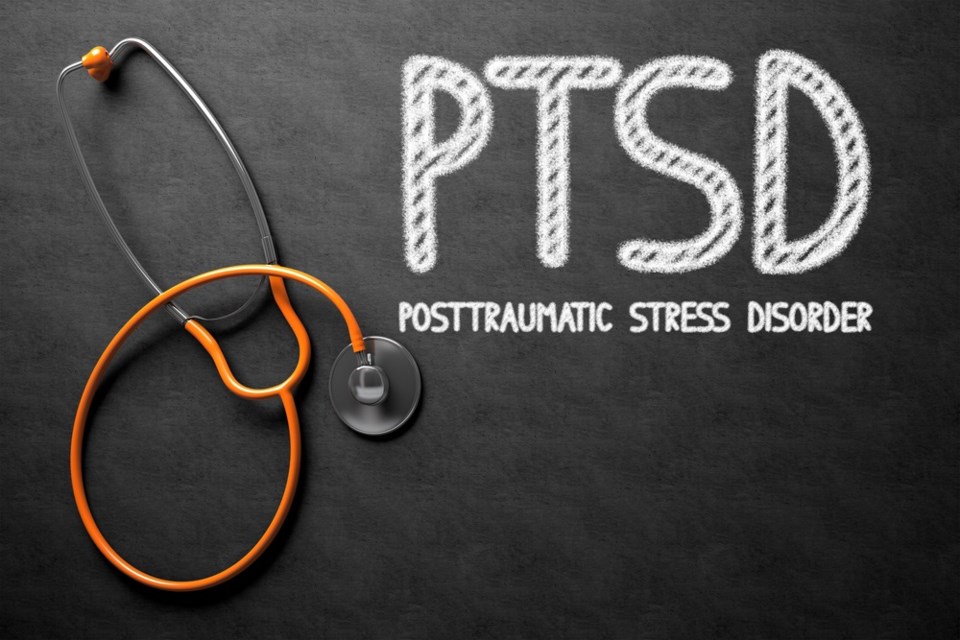Dr. Sachiko Nagasawa is hoping a new group therapy program offered in her local clinic will help fill a void for area first responders suffering from PTSD.
Dr. Nagasawa and her colleague, Dr. Lorin Young, a psychiatric physician, are running a group to treat occupational trauma for first responders out of Bay Psychology and Psychotherapy located at 176 Lakeshore Drive in North Bay.
"We are running this group as we have seen a need for quality evidence-based trauma treatment for first responders (police, firefighters, veterans, paramedics, etc) and most individuals we work with have to travel to southern Ontario for costly residential group services," she said.
"What we are seeing it a lot of people are travelling outside our community for intensive high-quality treatment and that is because there is diminished access to timely and quality psychological services in the north."
Nagasawa believes the challenge for first responders does not come from just one event but multiple events that create a mental health concern.
"It is not just one event, it is oftentimes a career that has had multiple events," said Nagasawa.
She says new legislation in 2016 that now recognizes PTSD as a work-related injury has created a better situation for those suffering from the illness.
"I think in larger organizations especially around firefighting, police, there is also inherently this toxic masculinity around that it is part of the job to kind of suck it up. While that is changing, which is wonderful to see, that change is slow," she admitted.
"I think there are structures in place so people don't necessarily need to be off work ideally that there is enough resiliency training and early intervention that leads somebody to have access to services and feel well supported."
Nagasawa believes another challenge in the north is that many first responders know each other.
"I think there is this culture around hiding amongst first responders that it is hard for them to want to participate in a group, especially up north where they will see people they worked with," she noted.
Nagasawa is still working with insurance companies to get them to understand that group therapy can be as beneficial as individual therapy because she says it reduces isolation.
"There is something about sharing with other individuals in a therapeutic session that is really healing and the person feels they do not have to hide any longer," she said.
"I think therapy is really a courageous act. We all kind of have these masks that we show in public and therapy is very much taking off that mask and looking at the skeletons in the closet. The wonderful piece around groups is that it is not detailed orientated in that a lot of it is skill-based development and not getting into the details of a traumatic event within a group. People often feel they will have to disclose more than they are comfortable - that's a valid concern.
"They never have to disclose more than they feel comfortable at any point in time. We go by the notion that all people have the right to feel safe and comfortable at all times."
Anyone with interest in the program can go to their website at www.baypsychology.ca
